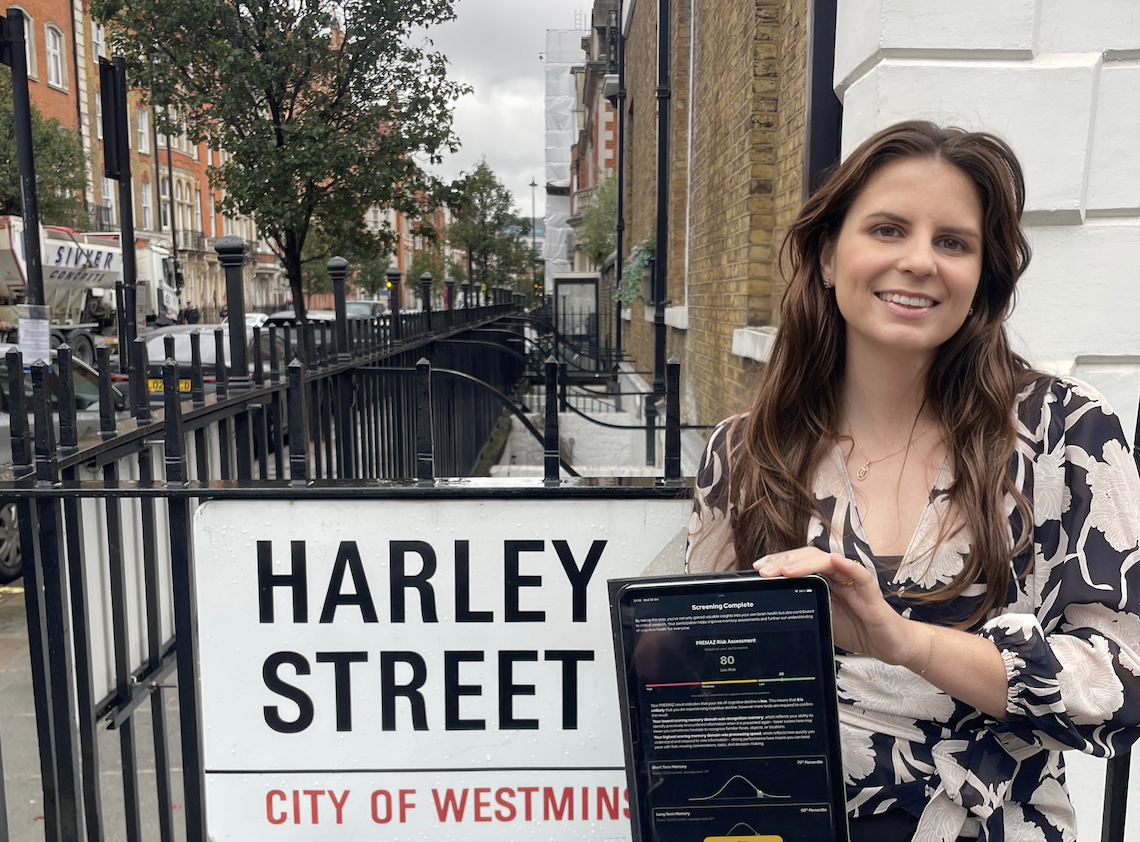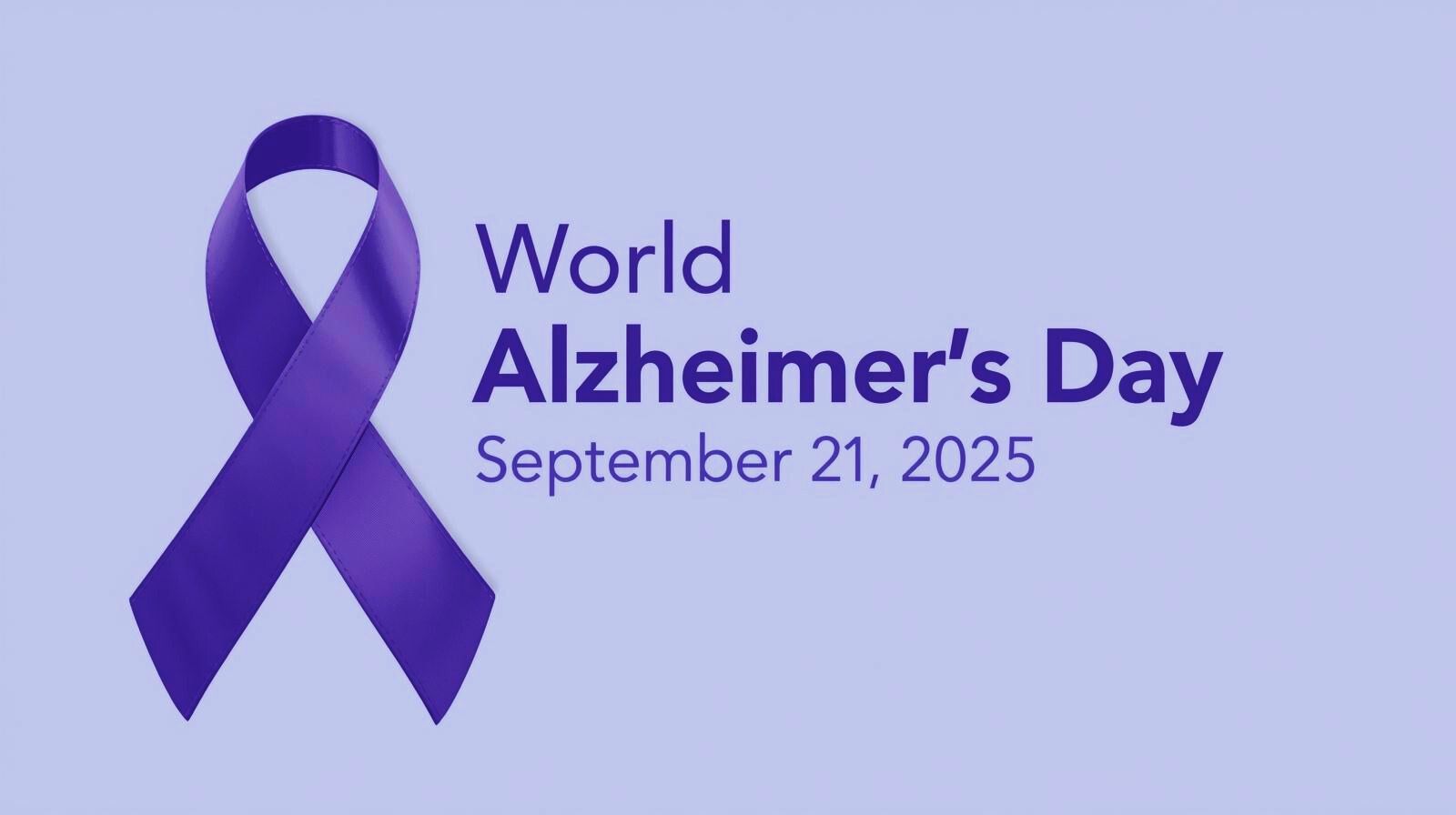The Ethical Imperative for Early Alzheimer’s Detection

Diagnosing early signs of Alzheimer’s disease before symptoms appear could help cut the global burden of the disease.
The British Medical Journal recently published an article, “We can’t ignore the evidence gap in blood biomarkers for Alzheimer’s disease”, which argues that diagnosing people with Alzheimer’s before they exhibit symptoms, in the absence of proven treatments, risks doing more harm than good. The team at Zest respectfully disagrees. We feel that withholding information on the basis of potential anxiety or stigma is a “head-in-the-sand” approach that strips patients of autonomy.
Patients deserve to know what lies ahead, even if treatments are imperfect, so they can make informed decisions about their lives and health.
There are interventions, and patients deserve access to them
While pharmaceutical options for Alzheimer’s disease remain limited, there are licensed medications available today that provide modest benefit and can improve quality of life for some patients. Alongside these pharmaceutical options, lifestyle-based strategies – including diet, exercise, blood pressure management and cognitive engagement – have been shown to prevent or delay up to 45% of cases globally. In other words, if at-risk individuals were identified early and supported with the right protocols, we could potentially cut the global burden of Alzheimer’s in half.
At the same time, research is advancing rapidly. Novel disease-modifying therapies, accelerated by AI-driven drug discovery, are expected to reach the market within the next five years. Without an effective system for early detection, we will miss the opportunity to deliver both existing and emerging treatments to the right patients at the right time. To withhold diagnosis on the grounds that “there’s nothing we can do” is both inaccurate and unethical.
Families need time to plan
While the goal of early detection is to prevent or delay the onset of disease, in some cases this may not be possible. For those patients who are unable to gain benefit from existing pharma options or by following lifestyle-based protocols, there is still value in early detection. A diagnosis doesn’t just affect the patient, but impacts their family too. Knowledge allows people to move into housing better suited to future needs, relocate closer to friends or relatives for support, and make financial and legal arrangements with clarity. These are not trivial matters, they are central to dignity, independence and quality of life. Denying patients this window to prepare may cause greater harm than the anxiety of knowing.
Autonomy, not paternalism
The “doctor knows best” attitude belongs in the past. Screening should never be forced, but the choice to know must rest with the patient and their families. We already screen widely for cancers and cardiovascular disease where early detection is valued, despite imperfect treatments. Dementia is one of the most feared consequences of aging, so excluding dementia screening is an indefensible double standard.
Acknowledge the challenge, but solve it, don’t avoid it
One valid point raised by critics is that our healthcare systems are not ready for a surge in early dementia diagnoses. If we doubled or tripled the number of Alzheimer’s cases detected tomorrow, clinics would be overwhelmed. But this is not a reason to avoid testing; it is a reason to reform the system.
Taking the comparison of cancer once again - would we ever stop cancer screening because oncology services are stretched? Would we tell people with stage one tumors to wait until stage three or four because the system cannot cope? Such a position would be absurd. Yet this is exactly what we’re doing for dementia.
To circumvent this issue, deployment of early dementia detection tools has largely taken place exclusively in the private sector. These patients are in a position to self-fund further investigations and treatment if needed. This approach has the advantage of preventing additional strain on public healthcare systems; however, it presents clear ethical issues as well. Limiting screening to those who can afford it is clearly not the right long-term solution. Equitable access requires that cognitive screening and follow-up care be made freely available to all, with subsidized escalation pathways for those who receive a positive result.
The economic case is clear
Prevention is always cheaper than a cure. Dementia already costs the UK National Health Service (NHS) billions; undiagnosed patients are 3x more likely to be hospitalized, costing £183m per year in the UK alone. Lack of accuracy in dementia detection results in “grey zone” referrals of patients who don’t quite meet clinical criteria, costing the NHS another £18m. Earlier detection means slower decline and reduced caregiver burden, which would save an estimated £735m annually. With earlier detection and intervention, symptom onset can be delayed, which has massive cost savings – just a one-year delay in onset saves around £200m per year in the UK.
Early diagnosis is not just a clinical need; it is a financial and ethical imperative.






